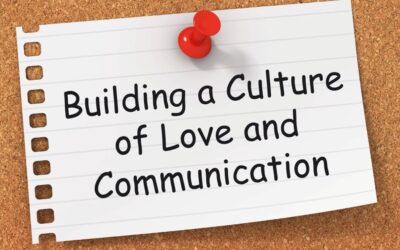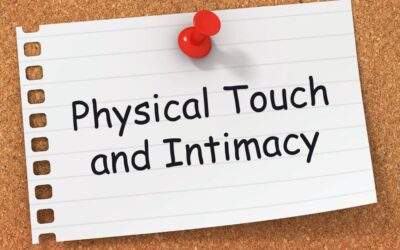Emotional intelligence plays a vital role in the dynamics of relationships. It involves recognizing, understanding, and managing emotions in oneself and others. In this lesson, we delve into the significance of emotional intelligence in relationships and provide practical strategies for developing these skills to enhance communication, empathy, and stress management.
Developing emotional intelligence skills enhances communication, empathy, and stress management in relationships. Emotional intelligence involves recognizing and understanding one’s own emotions and those of others, and effectively managing and expressing emotions. By cultivating emotional intelligence, individuals can communicate their feelings and needs more effectively, empathize with their partner’s emotions, and navigate conflicts with empathy and understanding. This fosters a supportive and emotionally connected relationship where both partners feel heard, validated, and emotionally secure.
Benefits:
Developing emotional intelligence skills in relationships offers numerous benefits:
- Improved Communication: Emotional intelligence enhances communication skills, enabling individuals to express their emotions clearly, listen actively, and respond empathetically. This leads to more effective and meaningful communication in relationships.
- Increased Empathy: Cultivating empathy through emotional intelligence promotes understanding and compassion for one’s partner. It creates a deeper connection, fosters emotional support, and strengthens the overall bond in the relationship.
- Enhanced Conflict Resolution: Emotional intelligence contributes to effective conflict resolution. It allows individuals to regulate their emotions, understand their partner’s perspective, and find mutually satisfactory solutions, reducing misunderstandings and escalating conflicts.
- Stress Reduction: By developing emotional intelligence skills, individuals can better manage and reduce stress in relationships. They can recognize and address stress triggers, practice self-care, and provide support to their partners, creating a calmer and more harmonious environment.
Strategic Ways to Implement:
- Practice Self-Reflection: Engage in regular self-reflection exercises to enhance self-awareness and understand your emotional responses and triggers.
- Active Listening: Practice active listening by fully focusing on your partner’s words, emotions, and non-verbal cues. Show genuine interest and provide validation to foster understanding and connection.
- Validate Emotions: Validate your partner’s emotions by acknowledging and accepting their feelings without judgment. Offer empathy and support, creating a safe space for emotional expression.
- Emotional Regulation Techniques: Learn and implement emotional regulation techniques such as deep breathing, mindfulness, and self-soothing exercises to manage emotions effectively in stressful situations.
- Seek Professional Support: If needed, consider seeking the assistance of a therapist or counselor who specializes in emotional intelligence and relationship dynamics.
Conclusion:
Emotional intelligence plays a vital role in building and maintaining healthy relationships. By developing emotional intelligence skills, individuals can enhance communication, empathy, and stress management, leading to deeper connections and overall relationship satisfaction.
FAQs:
Can emotional intelligence be learned and improved?
Absolutely! Emotional intelligence is a skill that can be developed and improved over time with practice, self-reflection, and a willingness to learn and grow.
How does emotional intelligence contribute to better stress management?
Emotional intelligence helps individuals recognize and understand their own and their partner’s stress triggers. By managing emotions effectively and providing support, couples can navigate stressful situations with greater resilience and harmony.
Are there any recommended resources or tools to develop emotional intelligence in relationships?
Yes, several resources can assist in developing emotional intelligence in relationships. Books like “Emotional Intelligence 2.0” by Travis Bradberry and Jean Greaves, and apps like “Moodnotes” and “Emotionary” offer guidance and exercises for enhancing emotional intelligence skills.













